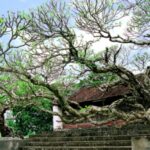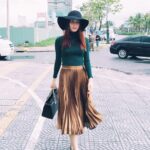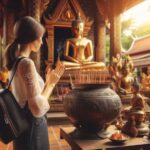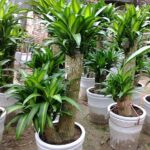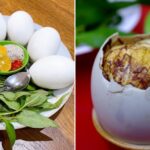The Significance of the Proverb: “A Long Back Supports the King, while Long Legs Stride Across the Land”
Taking the proverb at face value, our ancestors were imparting the wisdom that those with longer torsos often led more comfortable lives and enjoyed successful careers, free from the daily worries of making a living. In contrast, those with longer legs were believed to lead more challenging lives, constantly on the move, striving to earn their keep.
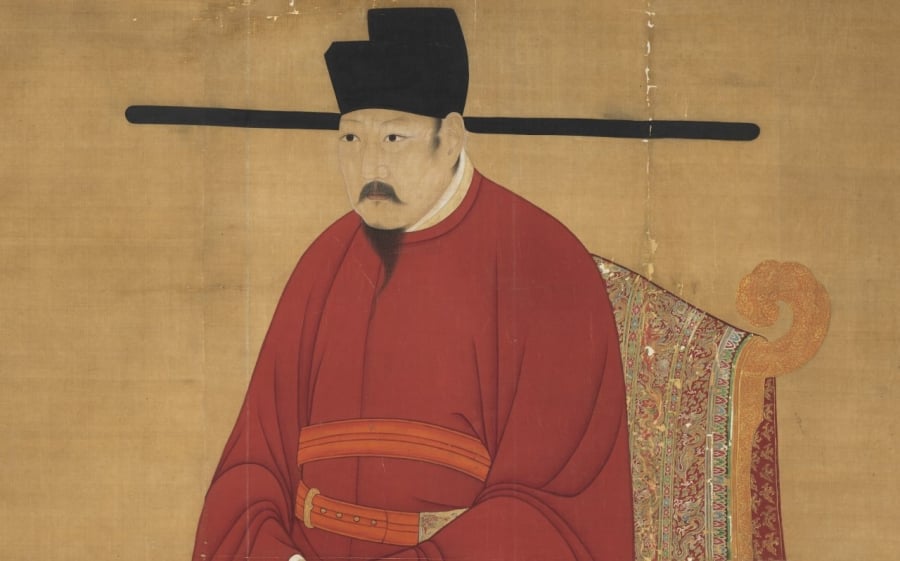
Individuals with longer torsos often held prestigious positions or enjoyed successful careers. (Illustrative image)
Why did our ancestors advise, “A Long Back Supports the King, while Long Legs Stride Across the Land”? This is because their perspective contrasted with that of their contemporaries.
In ancient times, the belief was that “Yêu trường thối đoản” translated as “long torso and short legs” were ideal. However, today’s aesthetic favors longer legs, with many going to great lengths to achieve this look.
In the past, our forefathers often sat or knelt, so only those with longer and broader torsos could command respect and authority even when seated. Additionally, it was believed that individuals destined for royalty or high ranks in society possessed unique physical attributes that set them apart from common folk.
Zeng Guofan, a prominent figure in Chinese history, once remarked, “Ngũ đoản đa quý, lưỡng đại bất dương”, which translates to “The five short statures are often noble, and those with overly long legs rarely succeed.”
Folk beliefs hold immense power and continue to thrive. For instance, the Buddha’s large ears symbolize his compassion, spirituality, and high status. Similarly, in folk tradition, possessing large, thick, and protruding ears is considered extremely fortunate, promising a smooth life and the assistance of benefactors during challenging times.
This article is for reference and contemplative purposes only
Does Planting Ironwood Melaleuca in Front of the House Good for Family Feng Shui?
“Peach trees are a common sight in Vietnam, with their vibrant blossoms and lush foliage, but is it auspicious to plant them in front of your home? The delicate beauty of the peach tree holds a special place in Vietnamese culture and feng shui practices. Its presence is believed to bring good fortune and prosperity, but there are considerations to take into account before planting this auspicious tree in your front yard.”
Sure, I can assist with that.
## Eat Balut to Ward Off Bad Luck: Do These Two Things to Make Sure the Jinx is Lifted
With a deft hand and an eye for detail, I craft words that dance across the page, capturing the essence of your brand and bewitching your audience. The humble balut egg, a delicacy in many Asian cultures, is often associated with folk beliefs of dispelling bad luck. To harness this purported power, two crucial steps must be followed with precision.


























